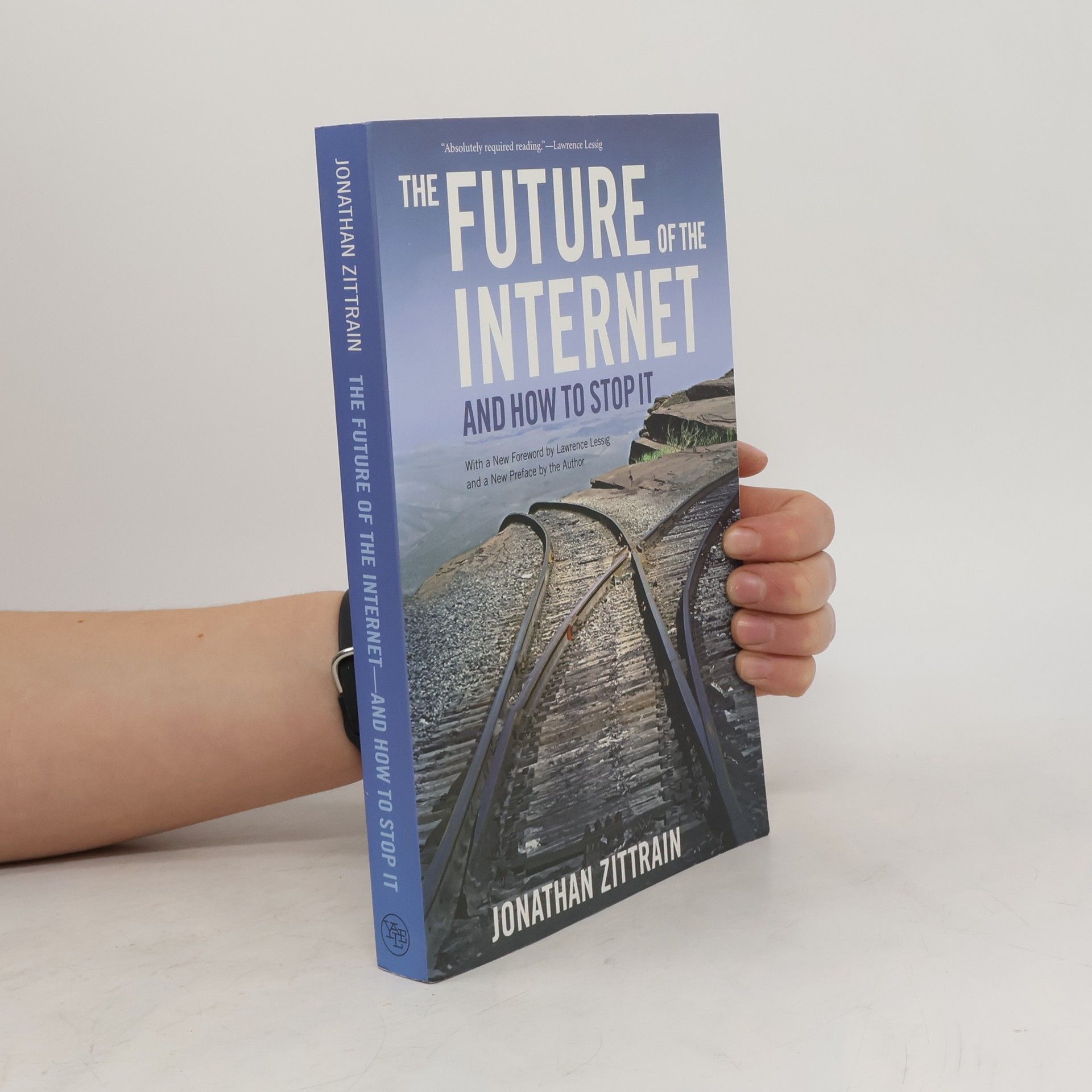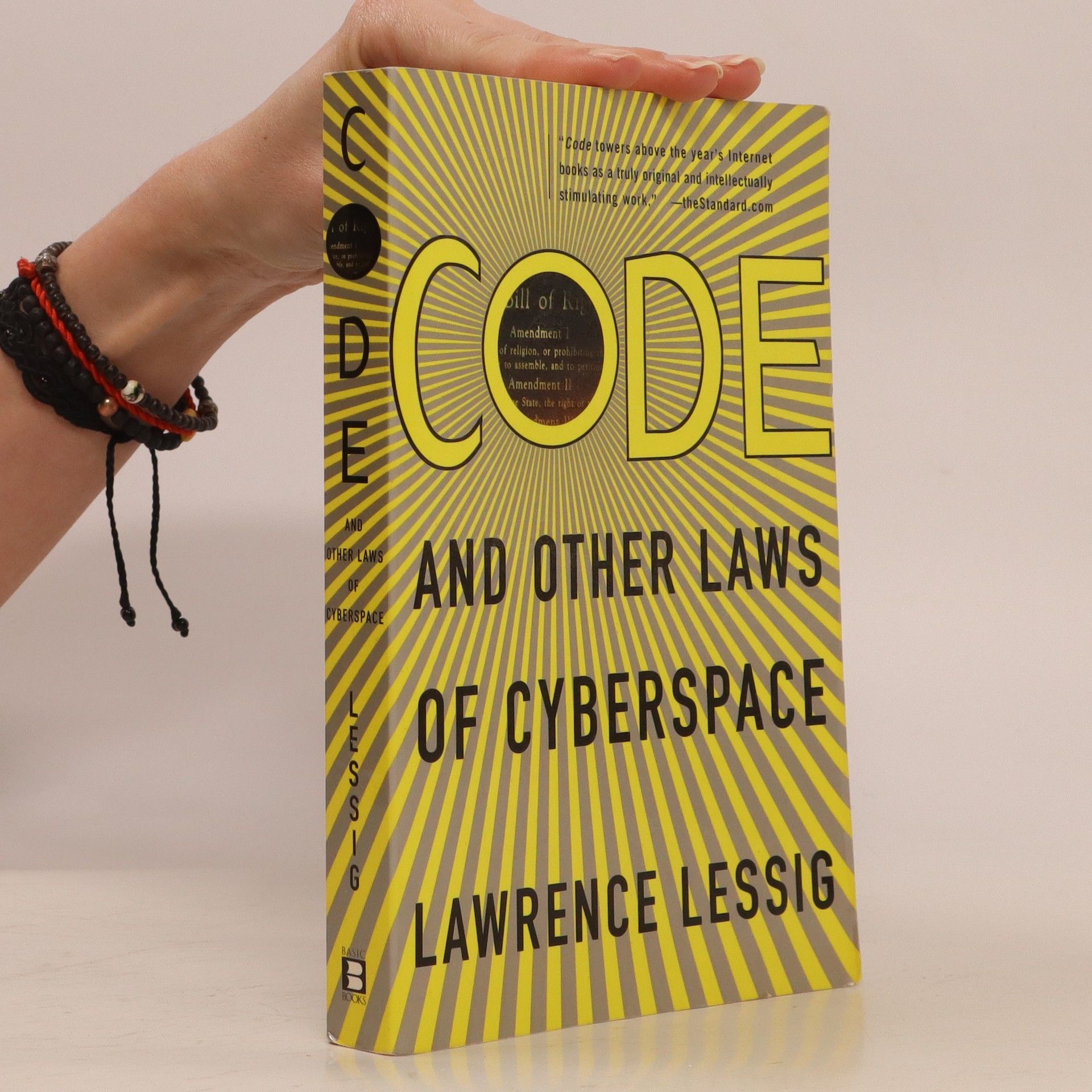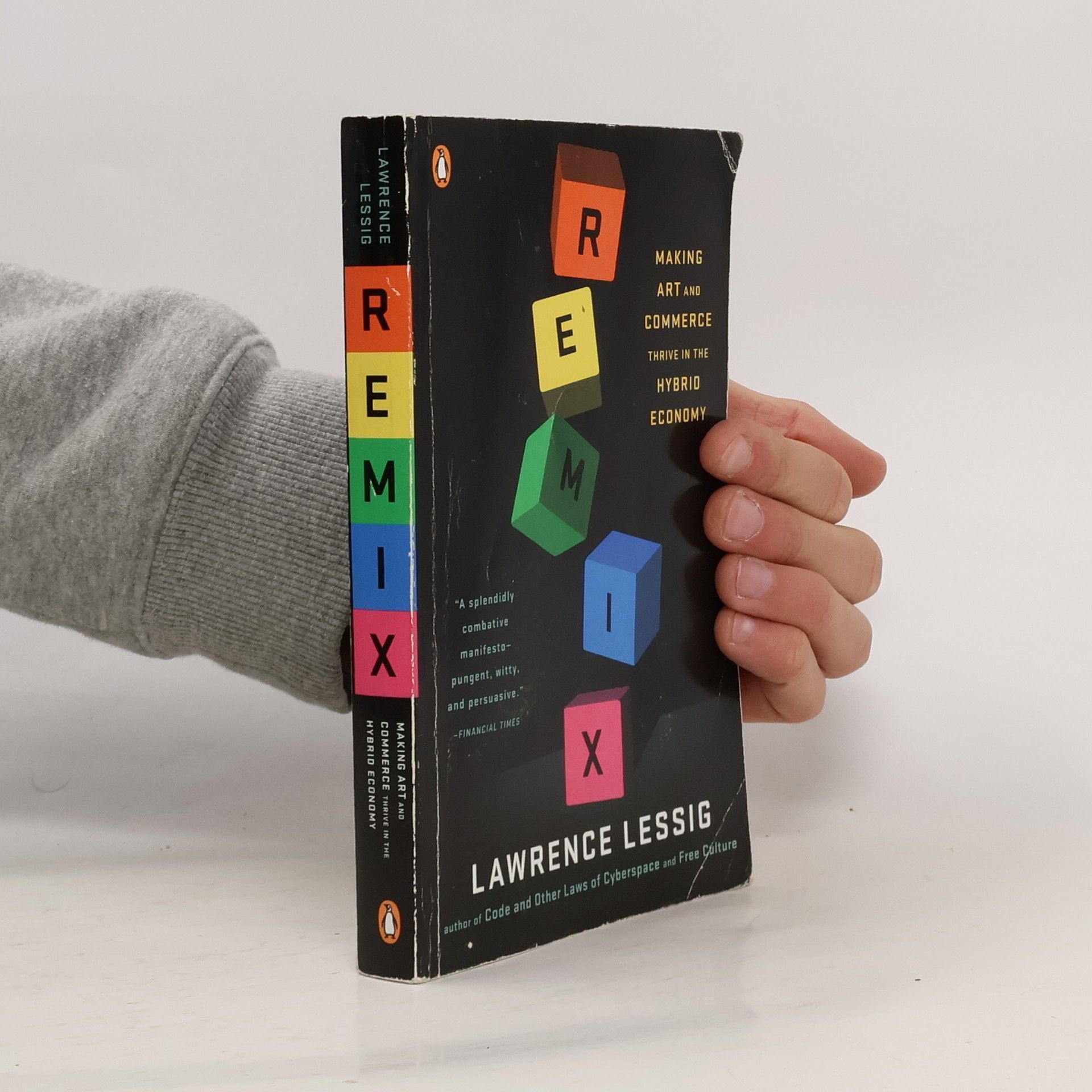La Découverte/Poche - 247: Du bon usage de la piraterie
Culture libre, sciences ouvertes
- 196pages
- 7 heures de lecture
Dans cet essai très documenté, Florent Latrive met à jour les enjeux de la bataille en cours autour de la propriété intellectuelle. Qu'il s'agisse de musiques ou d'images en ligne, de circulation des savoirs ou de brevets sur les médicaments, il plaide pour une ouverture raisonnée et contre le tout juridique. Au lieu de criminaliser tous les « pirates » sans distinction, établissons un régime équilibré de l'immatériel. Où créateurs et public ne seront plus soumis aux diktats des intermédiaires et producteurs.








